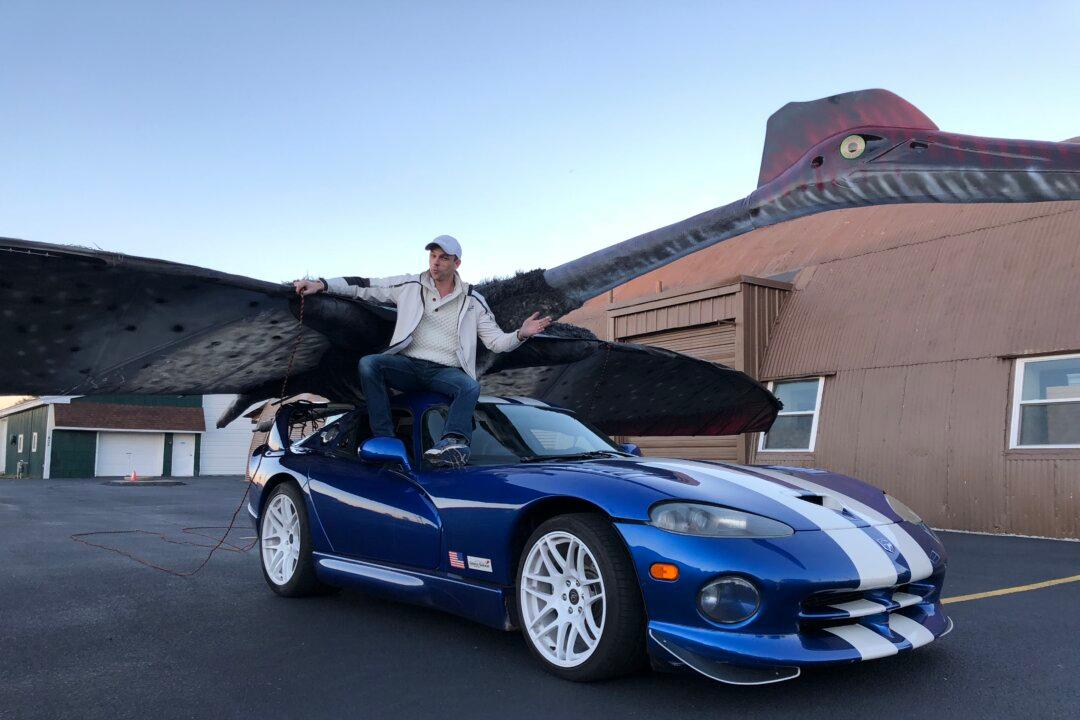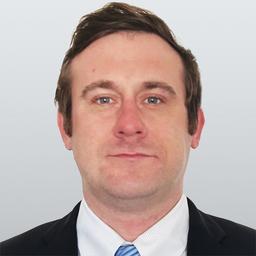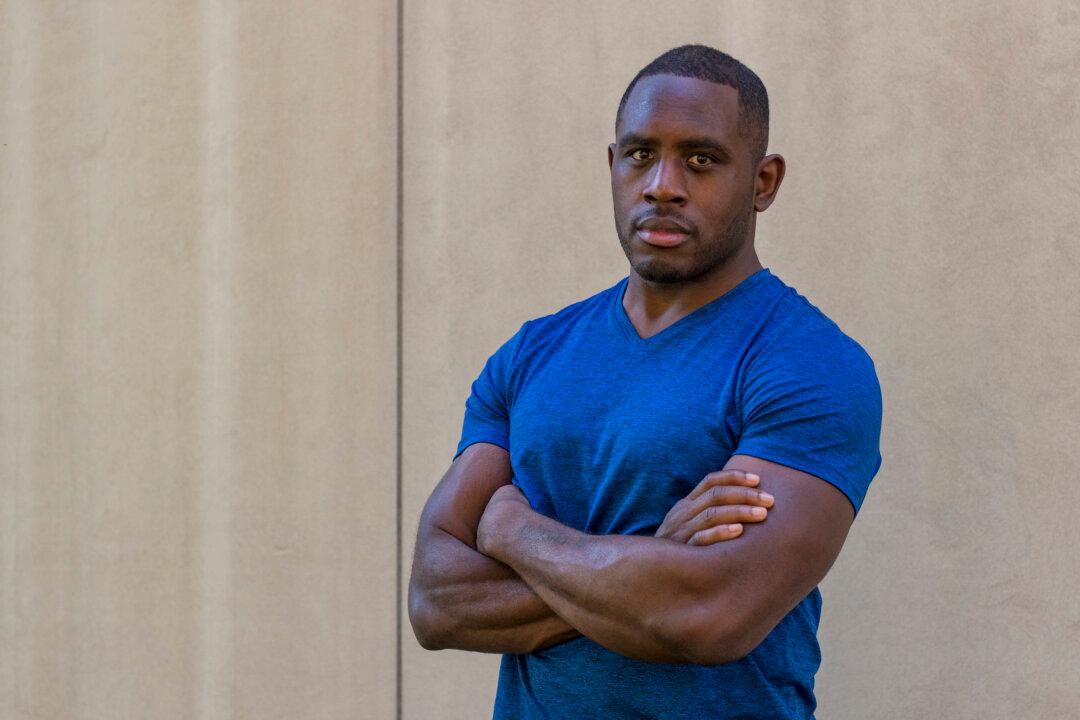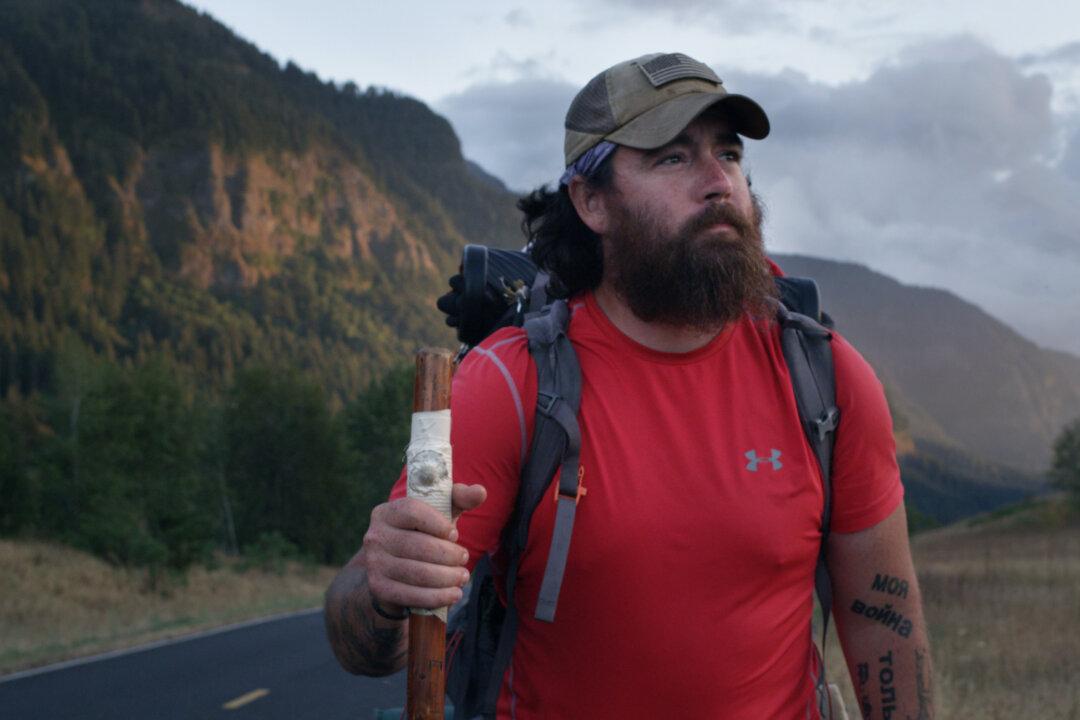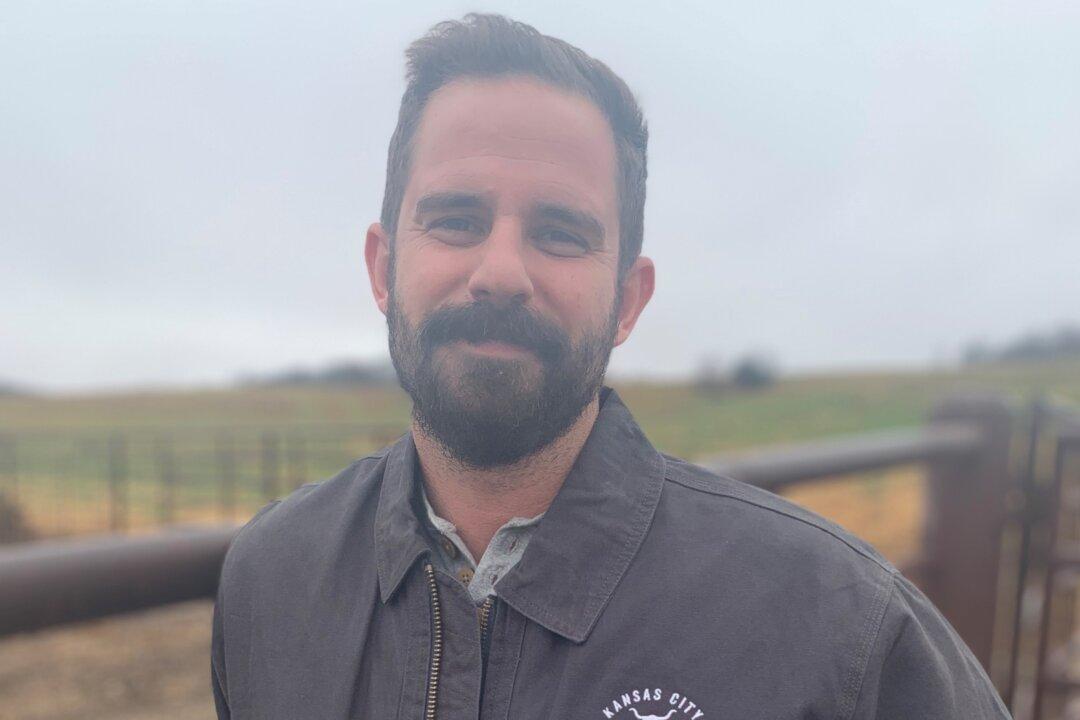Ever since Casey Putsch was a child, he’s had an interest in race car driving and automotive engineering. His father was passionate about vintage cars, and he would take Putsch to the race track for a variety of events. Growing up, Putsch revealed a knack for mechanics, which was fostered by building his own model cars for slot car racing and model airplanes.
Putsch ultimately became an amateur race car driver, and his mechanical background allowed him to go far in the sport. At age 26, he restored a car that had run in American Can-Am race series in the 1960s, and had the opportunity to compete with the car in an international Can-Am reunion race.

